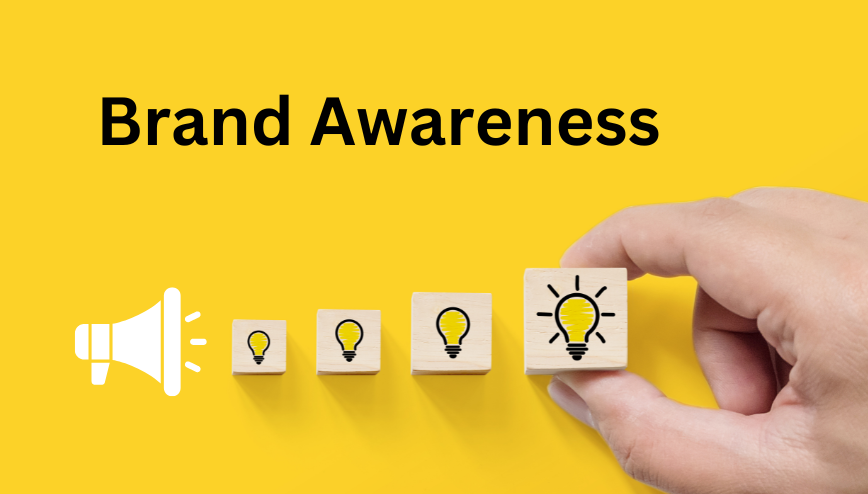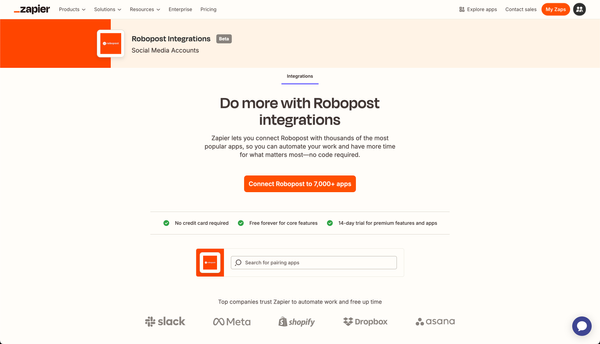The Impact of Social Media Tools on Brand Awareness Strategies
Explore how social media tools elevate brand awareness through marketing strategies, metrics, and consumer engagement.

Social media has changed how brands increase their visibility and interact with their audience. Platforms like Facebook, Twitter, and YouTube are now key tools for marketing that can greatly affect how people behave and make buying decisions. This article looks at how social media tools impact brand awareness, including how creating content, working with influencers, and monitoring social activity can improve brand recognition and connect more closely with consumers.
Key Takeaways
- Social media marketing is crucial for boosting brand awareness, with platforms like Facebook, Twitter, and YouTube being important for making a brand recognizable.
- Creating content and running smart social media campaigns are key to building brand awareness and influencing people’s buying decisions.
- Engaging effectively with your target audience on social media can increase brand visibility and encourage word-of-mouth promotion.
- Social media’s global reach helps brands make an impact everywhere, with case studies showing big effects on how brands are viewed, especially in tech industries.
Exploring the Role of Social Media in Brand Awareness
The Power of Social Media Marketing
Social media marketing is essential for brands looking to boost their visibility and connect with their audience. Social platforms offer great chances for engagement and growing your audience. To create a successful social media presence, you need to choose the right platforms and build a consistent brand image that appeals to your target audience.
- Set up your presence on key social media platforms.
- Create content that people want to share and make ads that fit well.
- Encourage interactions by using surveys and running contests.
A single share or retweet can greatly increase how far your message spreads, showing how powerful social media can be for building brand awareness. If businesses don’t take advantage of this, they might miss out on important growth and customer loyalty opportunities.
Content Creation and Connection Dimensions
In social media, content is everything. To connect with your audience, you need to create content that matches their interests and problems. Businesses that produce genuine and relatable content can become leaders in their industry and greatly boost their brand's visibility.
Being authentic is key to engaging social media content. Sharing behind-the-scenes looks or featuring employees helps build trust and connects with people personally. This authenticity encourages users to interact and share content, which can expand your brand’s reach.
Here are some key parts of a good content strategy:
- Storytelling: Tell an interesting story about your brand.
- Visuals: Use images, videos, and graphics to grab attention.
- Engagement: Encourage people to share and interact with your content.
- Authenticity: Be genuine to build trust and loyalty.
- User-Generated Content: Use content created by your customers to boost your brand’s credibility.
Measuring the Impact of Social Media Monitoring on Brand Awareness
The Influence of Social Media Platforms and Influencers
Social media platforms and influencers play a key role in building brand awareness. Sites like YouTube, Facebook, and Twitter give brands access to large audiences, while influencers make brand messages more relatable and trustworthy.
- Influencers can shape their followers' opinions and encourage them to take action.
- Working with influencers can extend a brand’s reach and provide genuine endorsements.
- Influencers' credibility in their areas of expertise can boost a brand's own credibility.
The success of influencer marketing hinges on authenticity. It's not just about having a lot of followers; it's about the trust and relationship influencers have with their audience that drives real brand growth.
Brand Awareness Metrics in the Social Media Age
Measuring brand awareness is crucial for companies to understand how they are seen in the market. Social media has changed the game by providing a wealth of data on consumer engagement and campaign impact.
Key metrics for evaluating brand awareness include engagement rates, sentiment analysis, and reach. These metrics show not just how visible a brand is, but also how it is perceived and how people feel about it. For example, engagement rates can show how well a brand is interacting with its audience, while sentiment analysis reveals the emotional reactions of consumers.
Here are some important brand awareness metrics to track on social media:
- Social mentions
- Social share of voice
- Audience size (follower count)
- Follower growth rate
- Reach
Using these metrics effectively can help improve a brand's social media strategy.
The Global Influence of Social Media on Brand Perception
Trendiness, Interaction, and Global Consumer Engagement
Being trendy, interacting with users, and leveraging electronic word-of-mouth (eWOM) are key to engaging consumers and shaping how they view a brand. These aren’t just buzzwords—they’re essential for building brand awareness online.
- Trendiness: Keeps the brand relevant and appealing as consumer tastes change.
- Interaction: Builds a sense of community and loyalty by engaging directly with users.
- eWOM: Involves peer recommendations and reviews, which boost trust and credibility.
- Influencers: Play a major role as opinion leaders, helping to drive awareness and shape the brand's image.
Effective brand awareness strategies use these elements to create engaging content, offer personalized experiences, and stay current with trends.
The Universality of Social Media Impact
Platforms like YouTube, Facebook, and Twitter are key for marketing, helping brands spread their messages and connect with many people.
- Social media platforms greatly influence how people see and recognize brands.
- Influencers are important for reaching and engaging with target audiences.
- Social media's global reach allows brands to interact with people in real time and build a sense of community.
Studies show that social media marketing is crucial for building brand loyalty and improving brand image. As businesses use these platforms more, their impact continues to grow, reaching beyond cultural and geographic limits to create a global space for sharing ideas and connecting.
Enhancing Brand Image and Consumer Intimacy through Social Media
The Role of Customer Feedback and Competitor Analysis
Keeping an eye on customer feedback and analyzing competitors are the most important factors for guiding a brand’s strategy. By tracking what people say about the brand and what competitors are doing, companies can gather useful information to improve their marketing and stand out in the market.
- Customer feedback on social media shows how people feel about a brand’s products or services, pointing out what needs to be improved or updated.
- Analyzing competitors on social media reveals their strategies and performance, helping brands find ways to stand out and gain market share.
The table below summarizes key aspects of competitor analysis:
Aspect | Description |
|---|---|
Goals | Understanding competitors' objectives and their success rates. |
Campaigns | Analyzing the reach and impact of competitors' social media campaigns. |
Engagement | Monitoring the level of interaction competitors have with their audience. |
Trends | Identifying emerging trends that competitors are capitalizing on. |
Regularly reviewing and updating social media strategies based on this information is important to stay competitive in the digital world.
Content Quality and Relevance on Consumer Perception
Content quality and how consumers perceive a brand are crucial for improving a brand’s image and connection with customers. Consumers tend to remember and favor brands that meet their expectations and are seen as important. For this to happen, the information a brand shares on social media needs to be current, detailed, useful, and valuable.
Research on how social media affects perceived quality has had mixed results. However, it’s clear that social media marketing plays a big role in shaping how consumers view a brand. Effective social media marketing can impact consumer behavior by enhancing the brand’s reputation and identity, which can influence decisions like whether consumers are willing to pay more for the brand.
Conclusion
Social media has a huge impact on how brands build awareness. Platforms like Facebook, Twitter, and YouTube help companies greatly increase their visibility and engage with consumers. Using social media for creating content, partnering with influencers, and running targeted campaigns has transformed how brands connect with their audiences and influence buying decisions. As digital trends keep changing, social media will become even more important for monitoring and shaping brand awareness and marketing strategies.
